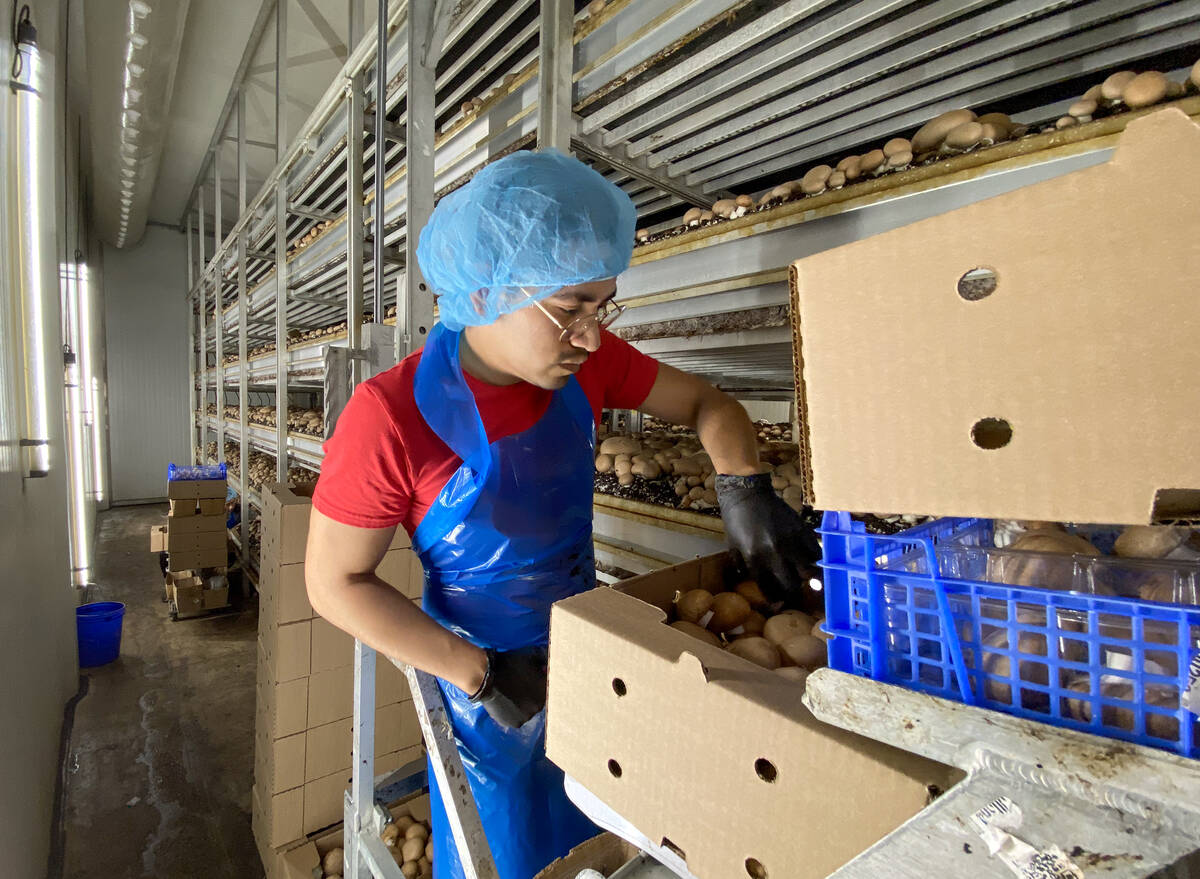Ontario’s processing vegetable growers thought they were seeing a return to some semblance of normalcy in their organization and the way their products are marketed.
But the provincial government and the Ontario Farm Products Marketing Commission isn’t done with them yet.
Ernie Hardeman, Ontario’s minister of agriculture, food and rural affairs posted a letter this week that called for more open marketing of processing vegetables, including direct producer-processor contracts.
Why it matters: Processing vegetable, and especially tomato, pricing is negotiated by a committee representing producers, and processors. That process has been challenging for tomatoes, including this year, despite changes to the system over the past few years.
Read Also

Ontario’s other economic engine: agriculture and food
Ontario Federation of Agriculture president, Drew Spoelstra, says Ontario’s agriculture and agri-food sector should be recognized for its stability and economic driving force.
“Maintaining the current system poses a real risk of losing processing plants and related jobs,” said Hardeman in his letter. “Too often we have seen the crop year in danger and the future market for Ontario processing vegetable growers put in jeopardy.”
The Ontario Farm Products Marketing Commission has posted proposals for comment on the Service Ontario Regulatory Registry until June 3. The plan is to have new regulations in place by September, so they are ready for the 2020 marketing season.
The Ontario Processing Vegetable Growers Marketing Board said in a statement that it is disappointed that there had been no input from growers before the minister released his statement directing changes be made to processing vegetable marketing.
How did we get here?
The processing vegetable market in Ontario has been in turmoil for several years now, after former Liberal Agriculture Minister Jeff Leal dismissed the board and most of the staff and appointed a trustee to run the board in 2017. The Ontario Farm Products Marketing Commission (OFPMC – the government arms-length body that governs Ontario farm marketing boards) had imposed more open marketing in 2016, but Leal had stayed that process pending more grower consultation.
The trustee and the OPFMC eventually set a path back to grower elections that included a provincially appointed chair of the board, with half of the board appointed and half elected in 2017. By last fall, the entire board was elected, although the chair of the board continues to be appointed. Dave Hope, a new chair was appointed just before the last annual meeting of the board in January.
The OFPMC, meanwhile, revamped processing vegetable board regulations.
Market regulations were changed resulting in less control by the board over grower negotiating committees and regulations that allowed processors to more easily drop a producer from contracts with a year’s notice.
“The board’s position on changes to the marketing system has been clear – we want the opportunity to be involved in developing a marketing structure and process that directly impacts the livelihood our farm families depend on,” says Ontario Processing Vegetable Growers (OPVG) Vice Chair Michael Denys, a Wallaceburg-area grower who was elected to the board in 2018 after serving one year as an appointed director.
“Our board remains committed to representing the views of our grower members and helping them understand how these changes have the potential to affect their farm businesses,” says Hope.
Tomatoes make up the largest portion of the $100 million in farm gate sales of processing vegetable crops in Ontario, and negotiations over tomatoes have proved the most challenging for several years, and again this year. All negotiations for processing vegetables have been concluded for 2019.
Growers looked forward to the new Conservative government, as many considered the previous changes influenced by the Liberal government as some key owners of tomato processing are well-connected Liberals.
Hardeman’s letter proves that change will continue.
“I have asked the commission to develop a new marketing approach for the processing vegetable sector that includes direct contracting between processors and tomato growers, and to look at options for other processing vegetables,” Hardeman said. “My expectation is that this will encourage processing investment, enable growers to be profitable, and result in a sector that is competitive and sustainable in the future. I believe this will keep jobs in Ontario and result in more growth. To provide stability, it is important that these changes are in place in advance of 2020 crop negotiations.
“As the commission develops these changes it is my expectation that there will be direct consultation with growers, and that it will work with farmers, processors and the industry as a whole to ensure we grow the industry to the benefit of everyone.”













